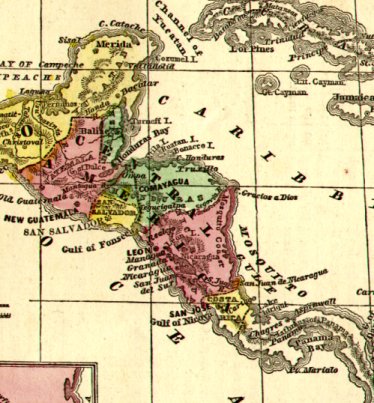Federation
 A federation (also called a federal state) is an entity characterized by a union of partially self-governing provinces, states, or other regions under a federal government (federalism). In a federation, the self-governing status of the component states, as well as the division of power between them and the central government, is constitutionally entrenched and may not be altered by a unilateral decision, neither by the component states nor the federal political body without constitutional amendment.
A federation (also called a federal state) is an entity characterized by a union of partially self-governing provinces, states, or other regions under a federal government (federalism). In a federation, the self-governing status of the component states, as well as the division of power between them and the central government, is constitutionally entrenched and may not be altered by a unilateral decision, neither by the component states nor the federal political body without constitutional amendment.Sovereign power is formally divided between a central authority and a number of constituent regions so that each region retains some degree of control over its internal affairs.
Overriding powers of a central authority theoretically can include the constitutional authority to suspend a constituent state's government by invoking gross mismanagement or civil unrest, or to adopt national legislation that overrides or infringes on the constituent states' powers by invoking the central government's constitutional authority to ensure "peace and good government" or to implement obligations contracted under an international treaty.
The governmental or constitutional structure found in a federation is considered to be federalist, or to be an example of federalism. It can be considered in comparison with the unitary state. France and Japan, for example, have been unitary for many centuries. The Austrian Empire was a unitary state with crown lands; after the transformation into the Austria-Hungary monarchy, the remaining crown lands of Cisleithania became federated as ''Länder'' of the Republic of Austria through the implementation of its constitution. Germany, with its 16 states, or ''Länder'', and Nigeria, with its 36 states and federal capital territory, are examples of federations. Federations are often multi-ethnic and cover a large area of territory (such as Russia, the United States, Canada, India, Brazil, Pakistan or Australia), but neither is necessarily the case (such as Saint Kitts and Nevis or the Federated States of Micronesia). About 40% of the world population lives in a federation. Provided by Wikipedia
-
1
